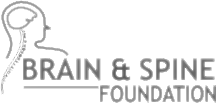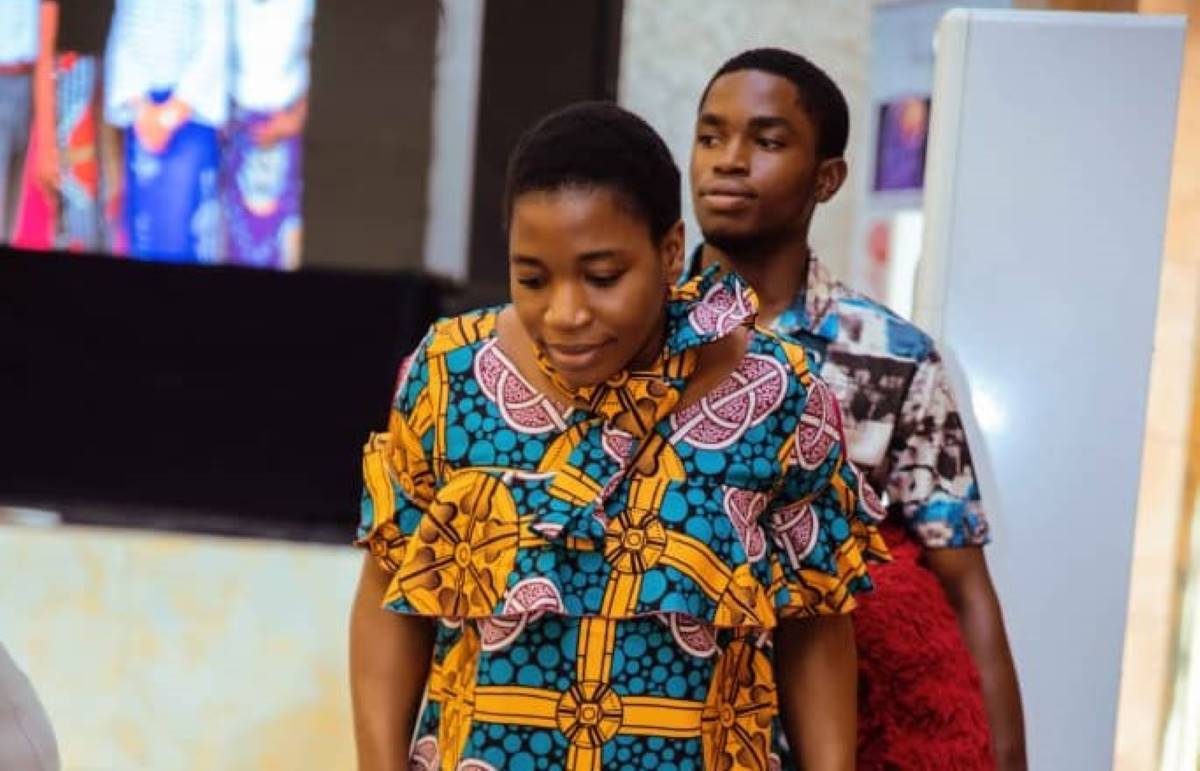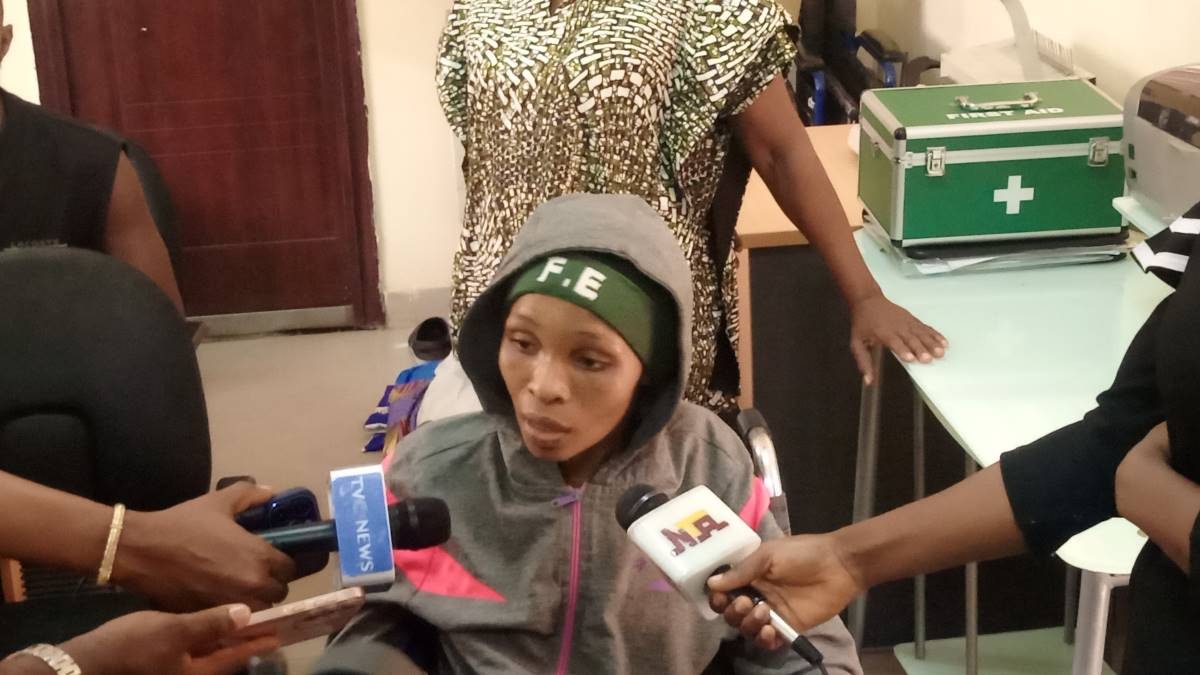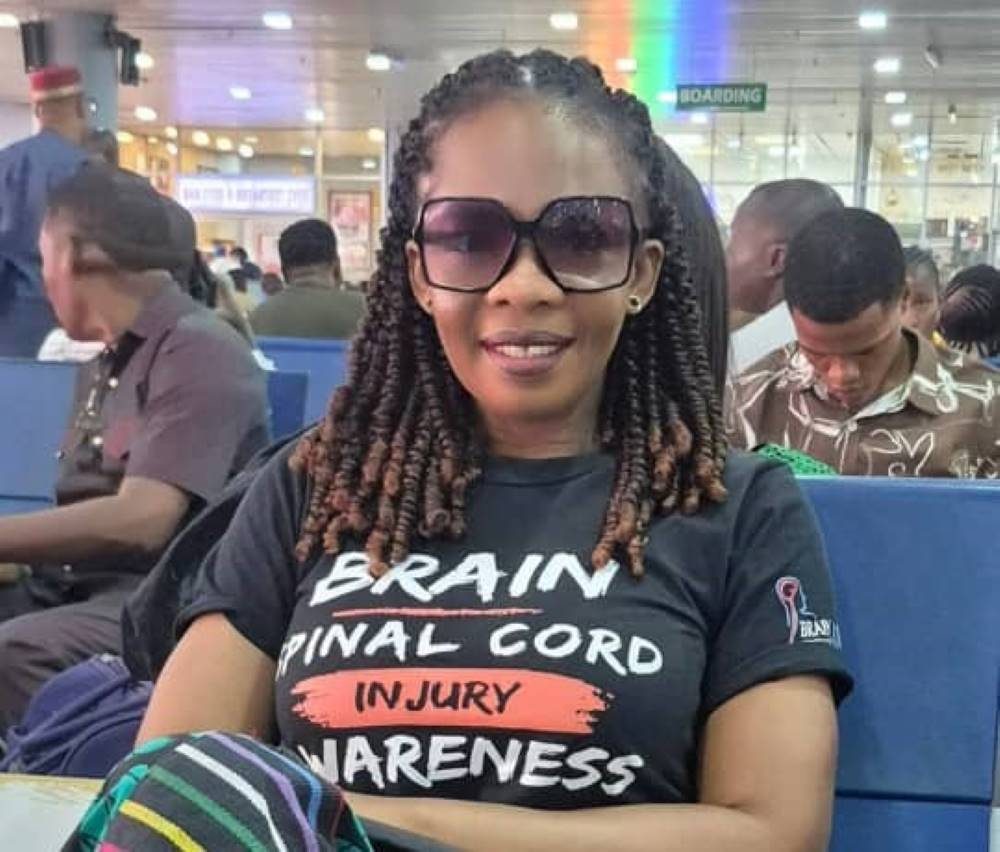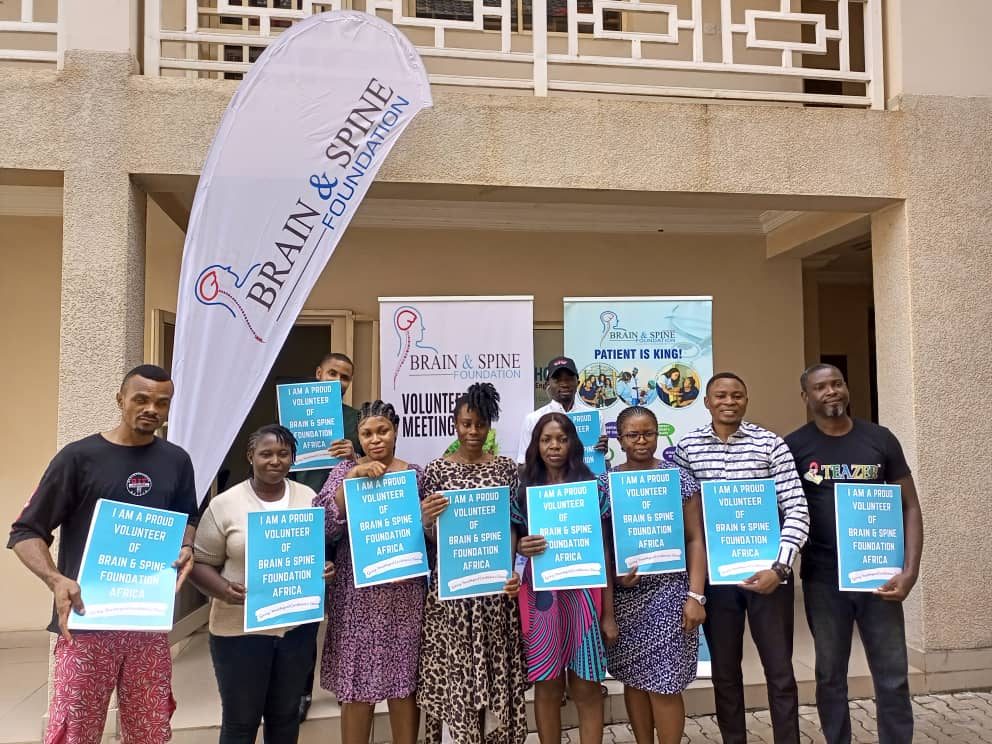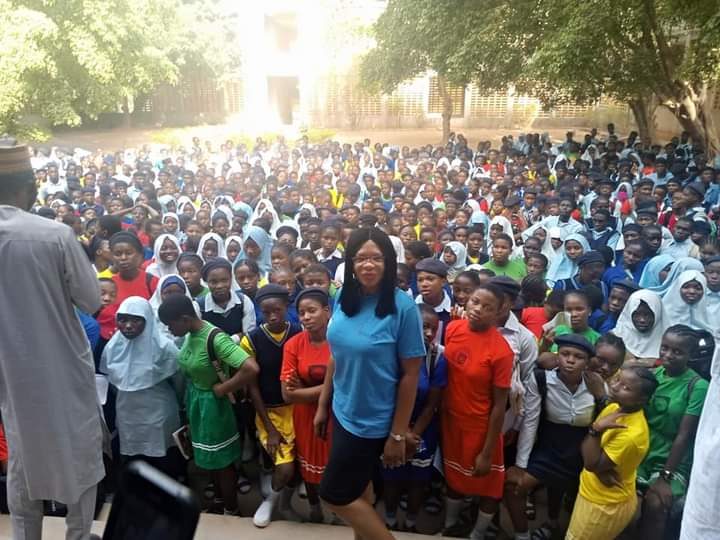From Hopelessness to Headlines: Onyinye’s Story
When 300-level student Ethelbert Onyinyechi from Imo State began losing strength in her legs, no one imagined it would end in paralysis. What started as an illness soon progressed into something far more serious—complete loss of mobility in both legs.
Medical tests finally revealed the truth: a growth on her Spinal Cord. Surgery was the only way forward. But instead of relief, the diagnosis sparked panic.
Onyinye’s parents, crushed by the cost and frightened by the unknown, turned to religious leaders for guidance. The verdict from several pastors was firm:
“Don’t go ahead with the surgery—she won’t survive.”
That was the moment Brain and Spine Foundation Africa entered her story. I met Onyinye and her family at a time when faith was clashing with fear. I remember telling her parents:
“If anything happens to your daughter, hold me responsible.”
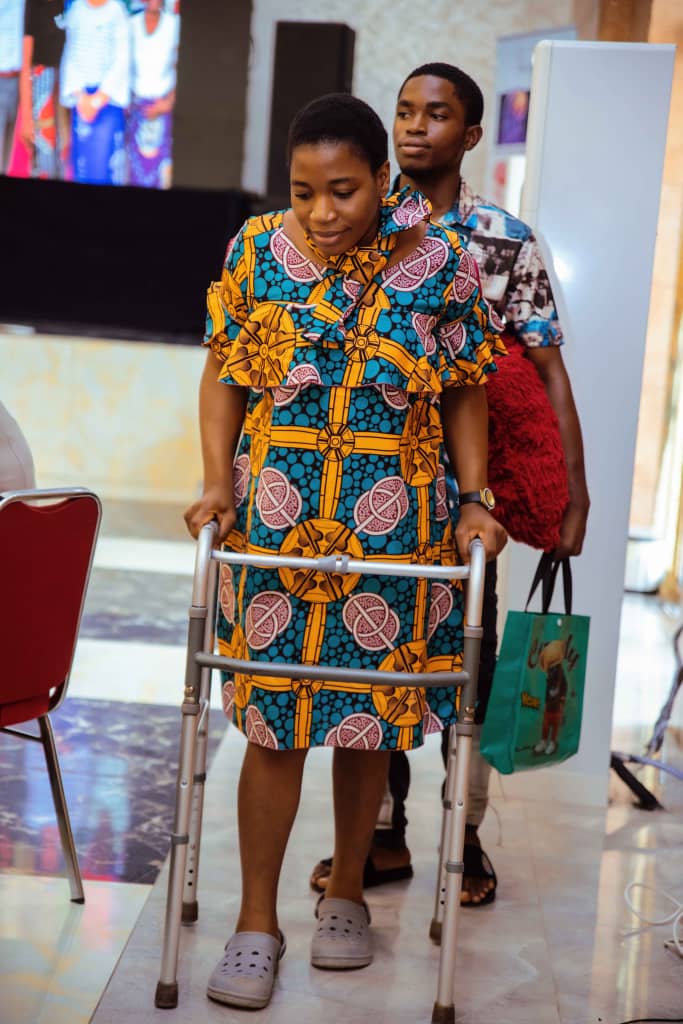
That conversation changed everything.
Within just a few months, the Foundation raised the full cost of the surgery. I personally funded the surgery and six months of post-operative rehabilitation. The surgery was successful—and for the first time in years, hope returned.
That was over five years ago.
The journey hasn’t been without its struggles, but thanks to continued support from Brain and Spine Foundation Africa, and the kindness of well-meaning Nigerians, Onyinye has defied every limitation placed on her.
Today, she’s not just surviving—she’s thriving.
She recently became a certified journalist
She serves as the Coordinator of the BSFA Patients & Survivors Support Group
And she remains a fierce voice of encouragement for others walking a similar path
Onyinye’s story is proof of what happens when compassion meets action.
“When the world said I couldn’t, BSFA stood up and said I could. They didn’t just help me walk again—they helped me find my voice.”
– Ethelbert Onyinyechi
Her journey reminds us that healing takes more than medicine—it takes belief, bold decisions, and community. And for that, Onyinye stands tall, even from a wheelchair!

